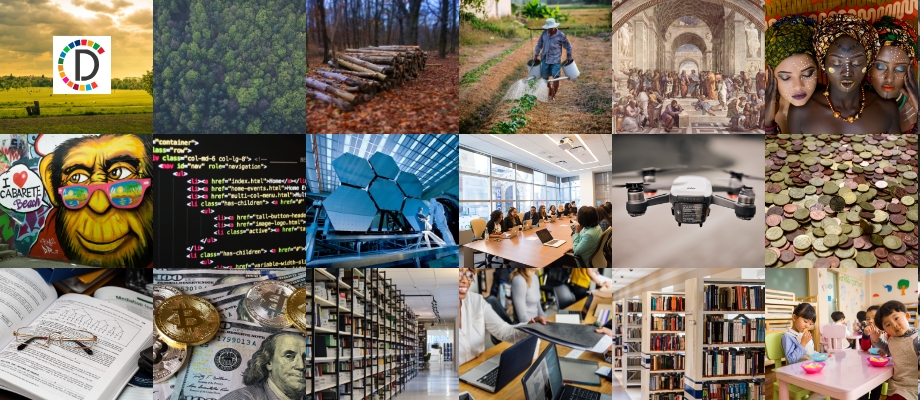Rising Trend of Solo Ageing in India: Challenges and Insights
A recent study by the Agewell Foundation highlights the rising trend of solo aging among India's elderly, driven by a desire for financial and social independence. The study surveyed 10,000 elderly individuals and found significant emotional and mental health challenges, with recommendations for targeted healthcare and community engagement.

- Country:
- India
A new study has revealed an increasing trend of solo ageing among India's elderly population, driven by a preference for financial and social independence. Conducted by the Agewell Foundation in September, it surveyed 10,000 elderly individuals across rural and urban areas. The report, titled 'Study on Solo Aging with Special Focus on the Status of Older People Living Alone,' found that 14.3 per cent of elderly respondents live alone, with a higher prevalence in urban areas (15 per cent) than rural regions (13.4 per cent). Among those living alone for over five years, 46.5 per cent were elderly women.
Despite challenges, nearly 47 per cent of older individuals living alone expressed satisfaction with their lives, while 41.5 per cent admitted to being dissatisfied. The study also highlighted emotional and mental health challenges, with 41 per cent reporting negative impacts on their mental well-being. Loneliness remains a significant issue, with 10.4 per cent always feeling lonely and 21.2 per cent often feeling lonely. Additionally, 35.6 per cent saw loneliness as a major drawback of solo ageing.
Himanshu Rath, Founder Chairman of the Agewell Foundation, stressed the need for intergenerational dialogue to address these challenges, urging younger family members to engage with elderly relatives. The study recommends enhancing healthcare services tailored for the elderly, creating emotional well-being programs, advocating for legal protections, and fostering community engagement through volunteer networks. As solo ageing rises, addressing the emotional, social, and healthcare needs of elderly individuals becomes critical for policymakers and society.
(With inputs from agencies.)









